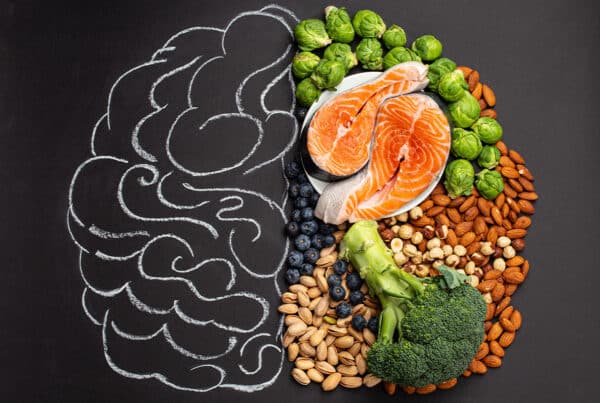Research shows that approximately 30% of addicts successfully mitigate the effects of addiction through 12-step based programs. If that is the case for you or someone you know, you are truly blessed and should continue on that path.
If you are among the other 70% of addicted people for whom traditional drug and alcohol addiction treatment programs have failed, testing may show that adding anti-addiction medicines to your treatment program can give you a chance at success you may not be able to achieve on your own.
Science has detected approximately 12 to 15 different types of alcoholism and 12 to 25 types of narcotic addiction. Depending upon the type of addiction, anti-addiction medications may be the only solution. The brain’s chemistry has been altered and needs re-balancing. The medicine can help do that. You would not hesitate to take medication for high blood pressure, high cholesterol, heart disease, asthma, cancer… why resist medical treatment for this disease when it can help you significantly?
Research shows that combining anti-addiction medications with evidence-based behavioral therapies is the best way to insure success for most patients. Treatment approaches tailored to address each person’s abuse patterns and co-occurring medical, psychiatric, and social problems can lead to sustained recovery and a life without addiction.
Now through either residential or outpatient treatment – depending upon the level of your addiction – Enterhealth has the science and the anti-addiction medications to get you well. Not cured. Not all diseases are curable. But we can get you day-to-day, functioning normally, guilt free, shame free, well. We can get your brain to a place where it no longer experiences the compulsive cravings, obsessive seeking, and irrational abuse.
It is important to remember that addiction is a chronic and progressive disease — like diabetes, asthma, or heart disease — and can be managed successfully. Medically based treatments give people’s brains a chance to reboot, rewire, and recover most – if not all – of their functionality, counteracting addiction’s powerful disruptive effects and enabling people to regain control of their lives.
As with other chronic diseases, relapses will occur if you stop following the treatment protocols. When you stop taking your medicines, there are consequences. If you stop taking your diabetes medications, you can expect to go into a diabetic coma. When you stop taking your asthma medication, you can expect to have your breathing severely compromised. When you stop taking your heart medicine, you can expect to have a heart attack.
And if you stop taking your anti-addiction medications before your brain has had a chance to fully heal, you can expect the cravings to come back.
Relapses do not always signal failure; rather, they are your body’s way of telling you that your treatment protocol should be reinstated or adjusted to help keep your wellness intact. If you stay on your anti-addiction medicines and let the brain fully heal, the cravings will eventually die away. Then all that’s left to do is manage your personal triggers. THAT’s where evidence-based behavioral therapies and social support groups like 12-steps come in…to help with triggers that occur in the cerebral cortex.
Behavioral therapies alone do not circumvent or negate the actual chemical reactions going on in the limbic system of your brain. That’s what the anti-addiction medicines do and why they are important to a complete recovery.



